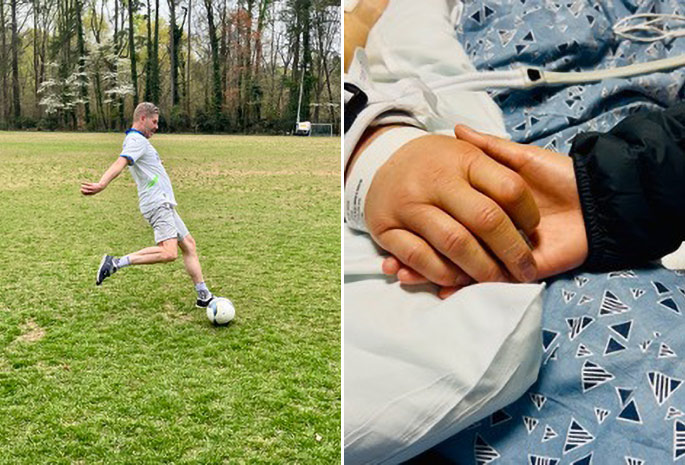Epilepsy is a complex disease of the brain that affects an estimated 65 million people around the world. In the United States, 1 in 26 people are diagnosed with epilepsy in their lifetime, making epilepsy the fourth most common neurological disorder in the United States.
Living with epilepsy means learning how to handle the way it affects your life, including your social, emotional and physical well-being. Learning how to respond to seizures in a variety of situations is essential, as well as being prepared to handle whatever comes your way.
Fortunately, more treatment options exist today that allow for better outcomes for patients than ever before. While seizure medications are the main source of epilepsy treatment, there are other approaches to think about, too.
Exploring Epilepsy Treatment Options
For patients whose seizures cannot be controlled properly through medication, Emory Epilepsy Center offers patients a mix of both traditional and innovative treatments and services. Our fellowship-trained physicians and support professionals offer fast, easy access to the best diagnostic, treatment, and management services available anywhere. This multidisciplinary team of specialists works together on the development of advanced neurosurgical techniques, medication trials, and brain stimulation methods, along with a multitude of other innovative approaches.




